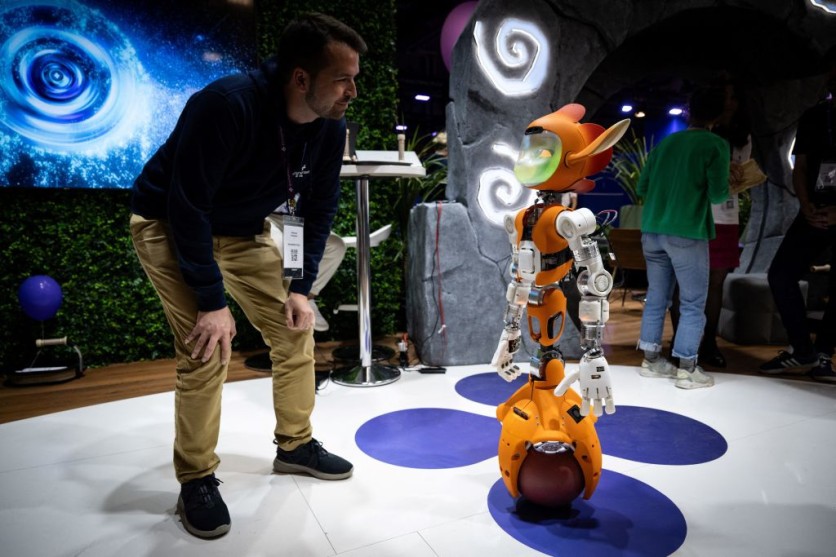Experts see artificial intelligence (AI) as a solution to address the growing problem of loneliness in society.
Tony Prescott, a University of Sheffield cognitive robotics professor, believes AI might help reduce loneliness. Prescott compares AI friendship to pet connections and doll use by children, urging adults to be receptive to AI's worth, according to The Guardian.
Prescott proposes that AI might help socially isolated people practice discussions and social interactions. These activities may boost self-esteem and lessen social isolation. In his latest book, The Psychology of AI, Prescott noted that "AI companionship" may offer "reciprocal social interaction that is simulating and personalized" in this period when many consider themselves lonely.
Prescott noted that loneliness usually results in a "downward spiral" that negatively impacts self-esteem and social interaction. He believes AI companionship may help break the cycle by improving social skills and self-esteem.
Growing Problem of Loneliness in The US
The loneliness problem has grown in recent years. Nearly four million Brits suffer from chronic loneliness. A 2021 Harvard study found that over a third of Americans experience "serious loneliness," especially young individuals and women with young children.
The health effects of loneliness are also becoming more apparent. Last year, US Surgeon General Vivek Murthy termed loneliness and isolation an "epidemic," tying them to heart disease, dementia, stroke, depression, anxiety, and early mortality. Murthy cautioned that ignoring this issue might further split society.
Notably, there is ongoing debate about the relevance of AI in reducing loneliness. MIT social science professor Sherry Turkle warns that robotic partnerships may degrade human ones. Brunel University gerontology and public health professor Christina Victor doubted AI could solve loneliness, highlighting the significance of reciprocal human connections.
Duke University psychology and medical professor Murali Doraiswamy said AI companionship cannot replace human friendships, which are the best cure for loneliness. Doraiswamy noted that while robots offer solutions for loneliness, it is important to make sure that they are "moral trustworthy, and protect privacy."
In an earlier TechTimes report, an expert warned about the serious threat posed by AI to humanity's existence.
Max Tegmark, a major AI supporter and scientist, warns that big tech is ignoring AI's fatal danger. At the AI Summit in Seoul, Tegmark argued that concerns about AI's power to kill hinder legislation.
Read also: Tech Times Weekly Wrap: Amazon Fire Stick Free Movies, Tesla Shareholders vs. Elon Musk, iPhone SE 4

Tegmark compared AI's threat to Enrico Fermi's 1942 nuclear reactor invention, which led to nuclear weapons. The Guardian reported that he said, "AI models passing the Turing test are a similar warning," quoting Geoffrey Hinton and Yoshua Bengio.
The physicist also linked large tech lobbying to "how tobacco companies delayed smoking regulations." He demanded immediate action due to public concerns and government safety regulations.
AI Needs to be Regulated Despite Its Advantages
Amid the rising concerns about AI's safety, Garry Tan, CEO and President of Y Combinator said AI would need regulation.
Tan said he backed the National Institute of Standards and Technology's (NIST) GenAI risk methodology and thought much of the Biden Administration's executive order was right.
NIST recommends designating GenAI as a corporation that must comply with data privacy and copyright laws, disclose how GenAI is utilized, and restrict it from creating child sexual abuse materials.
Moreover, he suggested that AI companies must give safety data to the government, and small developers must have equal access, among other provisions in US President Joe Biden's executive order.
Tan also expressed concern about regulatory changes as the AI-related bills included in the San Francisco and California legislatures. which he finds disturbing.

ⓒ 2025 TECHTIMES.com All rights reserved. Do not reproduce without permission.




